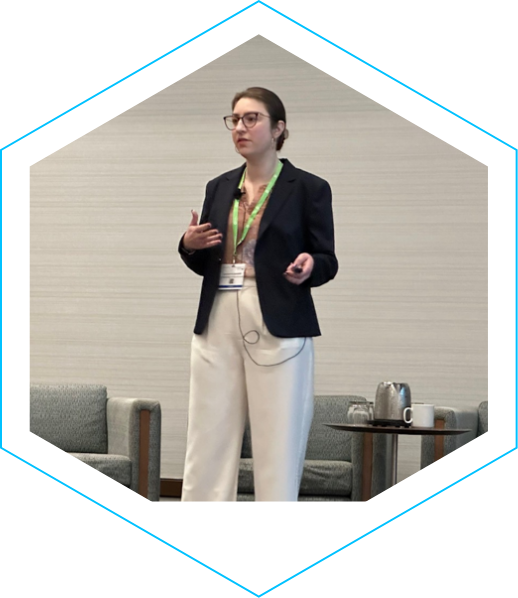
Understanding Polymorphism and Crystallisation Issues in the Pharmaceutical Industry
Event overview
We are delighted to be offering this course now online, the three day course is divided up into 5 sessions, dates and times will be set in UK time zone:
Monday, April 15 | 2.00pm – 5.00pm, BST
Tuesday, Apirl 16 | 2.00pm – 5.00pm, BST
Wednesday, April 17 | 2.00pm – 5.00pm, BST
Thursday, April 18 | 2.00pm – 5.00pm, BST
Friday, April 19 | 2.00pm – 5.00pm, BST
These 5 sessions aim to give chemists and chemical engineers a thorough practical knowledge of crystallisation processes. After an introduction the course will cover crystallisation of compounds (including hydrates and solvates), different methods of crystallisation, polymorphism, salts and co-crystals, crystallisation of chiral compounds and classical resolution, analytical methods for studying the solid state and will finish with some case studies. Real life practical examples will be used throughout the course to exemplify the different aspects of crystallisation and polymorphism. The course will cover all aspects of the subject including crystallization of intermediates as well as final products. In addition, precipitations and amorphous solids will be covered and the differences between amorphous solids and crystalline solids will be discussed.
Course Outline
Introduction to crystallisation and Polymorphism
Principles of crystallisation
- Aims of crystallisation
- Solubility, turbidity, supersaturation, and the metastable zone
- Nucleation
- Crystal growth
Methods of crystallization
- Cooling crystallisations
- Evaporative crystallisations
- Anti-solvent crystallisation
- Melt crystallisation
Crystallisation of chiral compounds/resolution
- Crystallisation of chiral compounds
- Classical resolution methods
- Upgrading ee by crystallisation
Crystallisation design/case studies
- Designing a crystallisation process
- Key parameters
- Troubleshooting
- Industrial examples
Polymorphism and Disappearing polymorphs
- Polymorphism
- Polymorph screening
- Characterising polymorphs
- Patenting polymorphs
Salts and co-crystals
- Salt formation
- The use of co-crystals
- Definitions
Solvates and hydrates
- Differences between solvates, hydrates and anhydrates/asolvates
- Characterisation of solvates and hydrates
Amorphous solids
Methods of analyzing the solid state
- Analytical methods
- Infra-red, Raman
- XRPD
- DSC
Patent and Regulatory Issues
- Solid form patents and patentability
- Expectations of regulatory authorities concerning solid form and solid form change
Equipment Considerations and Scale Up
- Typical equipment used for crystallisation studies from lab to pilot plant and on to production.
- Use of inline analytical tools
- Considerations for scale up of crystallisation processes.
Case studies/Conclusions
- Industrial examples of the development of crystallisation processes
Benefits of Attending
At the end of the course delegates should be better placed to apply scientific principles to the design and development of crystallization processes as well as having a better understanding for problem solving.
Who should attend
What's Included
The course fee includes:
- all five sections of the course
- course certificate at the end
You will have the option of buying a hard copy of the manual and this will be sent via the post to you. Please note for on line courses no PDF version of the slides/manual will be sent via email and no recordings are available after the event. Please note recordings of any sessions will not be shared.
Understanding Polymorphism and Crystallisation Issues in the Pharmaceutical Industry
Fee info
| E-Reader: | Included |
| Printed Copy: | £120.00 + P&P |
It was good. Never visited a Scientific Update conference, but will get it on my priority list. Very good – like the set-up, flow and topics. Very interested in process development.
Organic Process Research & Development Conference Delegate 2023
Thank you for the excellent conference. I enjoyed the scientific content and the networking opportunities. I will definitely recommend this conference to my colleagues.
The Formulation and Drug Delivery Congress Delegate
Become a speaker at one of our events
Share your expertise with a global audience of industry professionals. Scientific Update is continually seeking thought leaders and industry innovators to speak at our renowned conferences and training courses.








